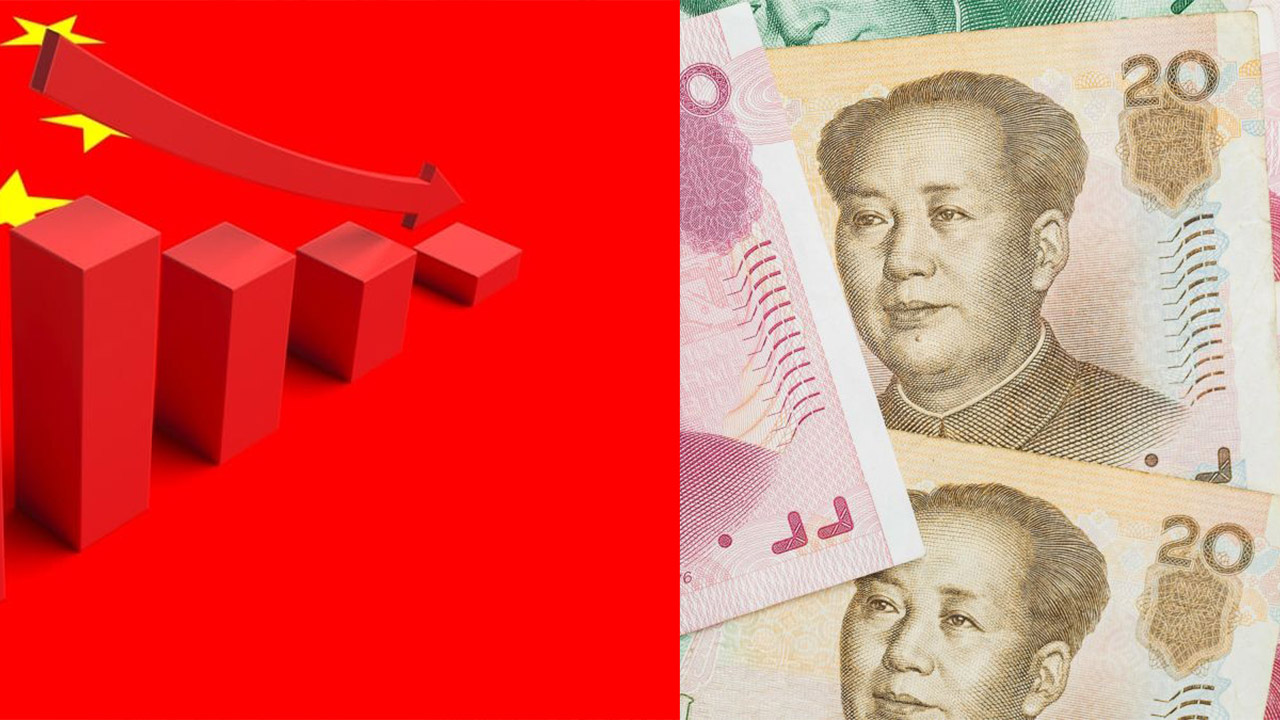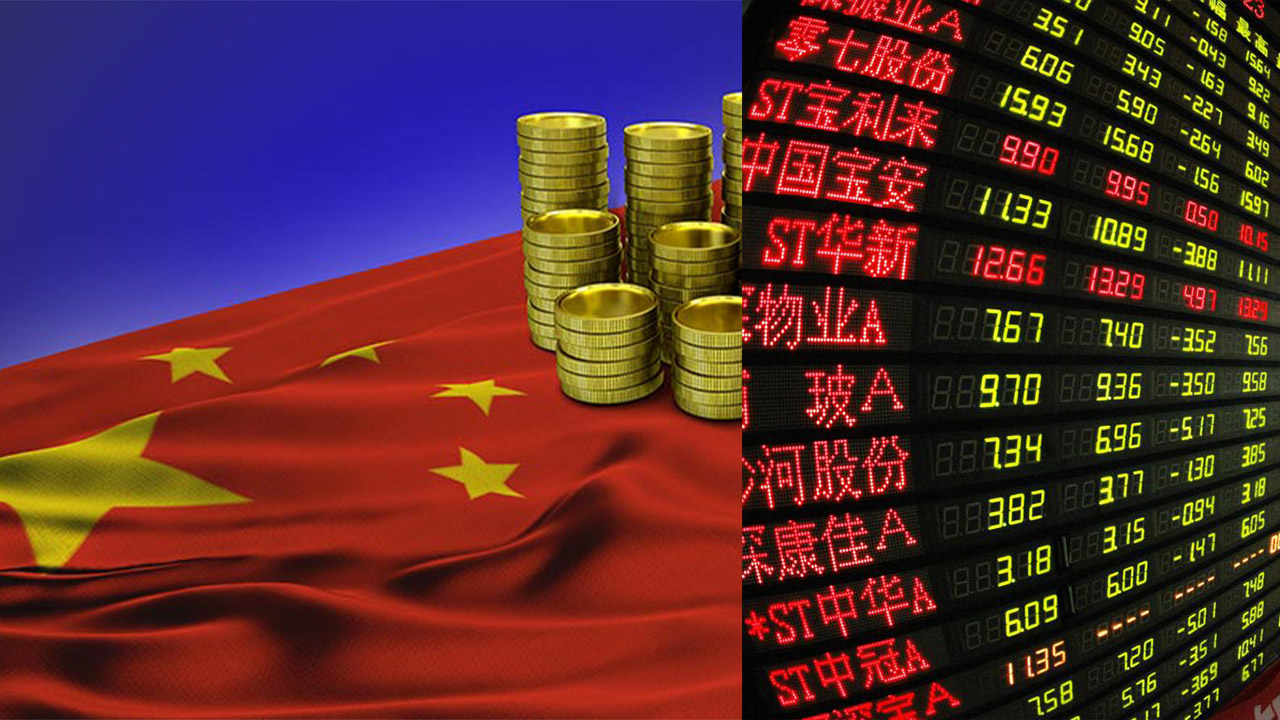Chinese authorities have initiated plans to issue Rmb1tn ($140bn) of long-dated bonds, aiming to boost spending to stimulate the economy.
The People’s Bank of China has solicited advice from brokers regarding the pricing of the initial batch of sovereign bonds, as reported by two individuals familiar with the matter.
The decision to launch the bond sale was announced by China’s government during the annual session of the country’s legislature in March. It was highlighted as a measure to support investment in critical sectors and bolster economic momentum, particularly amidst an enduring property crisis in the second quarter.
Liu Sushe, deputy head of the National Development and Reform Commission, emphasized the significance of the bond sale in facilitating vital projects crucial for economic modernization. These projects, which have long been on the agenda but lacked realization, require centralized efforts.

This initiative follows a trend where China’s regional banks heavily invested in long-dated sovereign bonds in the first quarter of this year. This move, driven by a desire to seek refuge from volatility in China’s equity and property markets, resulted in record-low borrowing costs for the government.
Similar long-dated bonds were sold by China in 2020, amounting to Rmb1tn, aimed at combating the COVID-19 pandemic and stimulating infrastructure investments. The current bonds on offer are anticipated to have even longer maturities, facilitating funding for long-term projects while alleviating the debt burden of local governments.
These bonds differ from standard government bonds as the funds raised are earmarked for specific purposes. This marks the fourth round of special sovereign bond issuance, following previous sales in 1998 to recapitalize state banks and in 2007 to establish its sovereign wealth fund.
The issuance of these bonds is expected to enhance liquidity in the market for longer-dated Chinese bonds, historically favored by investors until maturity.
China aims to transition its economy away from a growth model reliant on property and infrastructure investment, which has led to a surge in local government debts.

The bond sale is viewed as crucial for China’s restructuring of its debt structure, allowing for increased central government borrowing while addressing local government debt challenges.
Premier Li Qiang has indicated plans for additional long-dated bond issuance in the coming years, focusing on critical areas such as food security, energy, and the manufacturing supply chain.
The initial batch of bonds, to be issued, will range between Rmb80bn and Rmb100bn, predominantly with 30-year maturities, and some with 50-year terms.
The Ministry of Finance convened officials from top commercial banks to organize the underwriting of these long-dated bonds, with issuance scheduled to commence on Friday, as announced by the ministry.
While the People’s Bank of China has hinted at potential secondary market purchases of these bonds, investors have been advised to prepare for increased government bond supply in late Q2. This comes after directives from China’s politburo to commence sales promptly to fund stimulus measures and boost demand.
Cautionary statements have been issued regarding crowded trades in long-dated bonds, emphasizing potential vulnerabilities for smaller banks amidst interest rate fluctuations.
The upcoming bond issuance is expected to meet market demand and support the central bank’s objective of moderately raising long-dated yields. However, analysts anticipate that yields may remain stable due to a shortage of alternative investable assets, prompting continued investor interest in sovereign bonds.







Leave a Reply